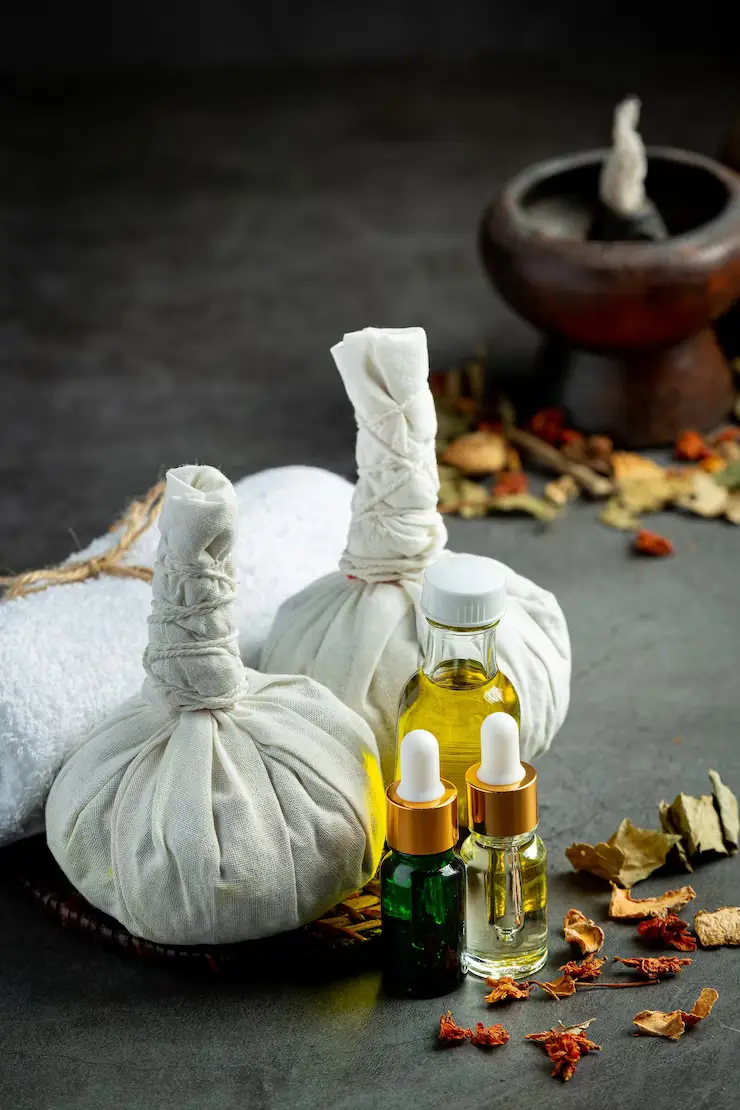
Book Now
Urinary Diseases

TREATMENTS
The urinary system is responsible for removing waste and excess fluids from the body through urine production. The kidneys are the primary organs of the urinary system, responsible for filtering blood and removing waste products, excess fluid, and toxins from the body. Mutraghata is a term used in Ayurveda to describe various urinary problems. The 13 types of Mutraghata identified by Ayurvedic practitioners include difficulty in passing urine, painful urination, incontinence, reduced urine output, excessive urine output, bloody urine, and more. These disorders can range from minor issues like a burning sensation while urinating or urinary tract infections (UTIs) to more complex issues like kidney stones, inflammation of the kidneys, or even bladder cancer. Some urinary irregularities may also be symptoms of underlying metabolic disorders like diabetes, which can affect the body’s ability to regulate fluids and electrolytes.
Urinary problems can be caused by a variety of factors, including infections, inflammation, stones, tumours, and metabolic disorders. Infections of the urinary tract, for example, are a common cause of urinary diseases are:
Mutrakrichra is a condition in Ayurveda that refers to painful urination. It is a common symptom of various urinary tract infections, inflammation, or other underlying health conditions. In Ayurveda, the treatment of mutrakrichra involves a combination of dietary changes, lifestyle modifications, and herbal remedies.
Ashmari, commonly known as kidney stones, is a condition that results from the buildup of crystals in the kidneys, bladder, or urinary tract. It can cause severe pain and discomfort and may require medical treatment depending on the severity of the condition. Ayurvedic treatment for ashmari focuses on reducing pain and inflammation, preventing further stone formation, and helping to expel existing stones from the body.
Mutrashmari, or bladder stones, are hard deposits that form in the bladder due to the accumulation of minerals. In Ayurveda, bladder stones are classified as “Ashmari” and can be treated with a combination of dietary changes, herbal remedies, and lifestyle modifications. Ayurvedic treatment for mutrashmari involves reducing pain and inflammation, helping to expel the stones from the bladder, and preventing further stone formation.
Mutravaha srotas vikara, or urinary tract infections (UTIs), are common conditions that can affect the urinary system, including the bladder, ureters, and kidneys. The treatment of these conditions involves reducing inflammation, improving the immune system, and addressing the underlying causes of the condition.
Ayurvedic practitioners believe that Manyastambha can be caused by a variety of factors, including poor posture, improper sleeping habits, and improper diet. Stress, anxiety, and emotional disturbances can also contribute to Manyastambha by aggravating Vata dosha. Ayurvedic treatments for neck and back pain are holistic in nature and focus on addressing the underlying imbalances in the body that are causing the pain. These treatments may include massage with warm oils, yoga, dietary changes, herbal remedies, and supplements. By addressing the root cause of the pain, Ayurvedic treatments can help alleviate pain and improve overall health and well-being.

At Sookshma Ayurveda Clinic, we provide top-quality treatments for various urinary diseases. We have with us a team of qualified and experienced practitioners who follow standardized treatment protocols. They have in-depth knowledge of Ayurvedic principles and practices and will be able to provide a personalized treatment plan based on your specific needs and condition. For our medicines, we use high-quality herbs and natural ingredients that are sourced from reliable and trusted suppliers. We follow strict quality control measures to ensure that the herbs and ingredients are pure, free from contaminants, and effective in treating urinary diseases. At Sookshma Ayurveda, we offer a holistic approach to treatment that includes lifestyle modifications, dietary changes, and stress management techniques in addition to herbal remedies and other treatment modalities.
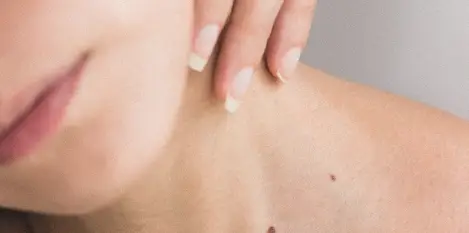
Snehapana is an Ayurvedic therapy that involves the oral administration of medicated ghee or oil to lubricate and nourish the body’s tissues. Snehapana is often used as a preparatory treatment for Panchakarma therapies and can be helpful in managing urinary disorders. In the context of urinary disorders, Snehapana helps to lubricate the urinary tract, reduce inflammation, and improve the function of the urinary system.
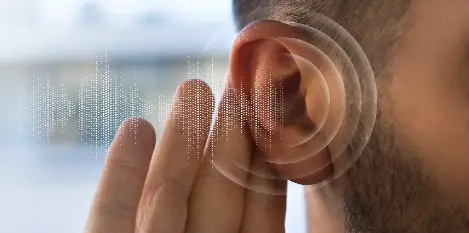
Abhyanga is an Ayurvedic therapy that involves the application of warm herbal oil to the body in a rhythmic and systematic manner. It is a form of self-massage that can help to improve circulation, reduce stress, and promote overall health. In the case of urinary disorders, Abhyanga can be helpful in improving the function of the urinary system and reducing inflammation.

Medicated enemas, also known as Basti in Ayurveda, are an important part of Panchakarma therapy. They involve the administration of medicated oils or decoctions through the rectum to treat various health conditions. Basti can be helpful in reducing inflammation, improving the function of the urinary system, and promoting the elimination of toxins from the body during treatment for urinary disorders.

Lifestyle changes are considered an important aspect of managing urinary disorders. Maintaining hydration by drinking plenty of water and avoiding beverages that can irritate the urinary tract such as alcohol and caffeine is essential. Eating a balanced diet rich in fresh fruits and vegetables, whole grains, and lean proteins while avoiding spicy, acidic, and processed foods is recommended. Stress management techniques such as meditation, deep breathing, or yoga can also be of great help in the treatment process.
OUR TREATMENTS
We offer a range of services that follow the medicines and methods that Ayurveda prescribes since ancient times.
VIEW ALL SERVICES
Are you tired of dealing with stubborn skin problems that just won't go away? Are you looking for a natural and effective solution to help you achieve clear, healthy skin? If so, it's time to discover the power of Ayurveda. This holistic approach to healing has been trusted for centuries and can help you achieve long-lasting results.

Ayurvedic treatment for Ear, Nose, and Throat (ENT) disorders is based on the concept of balancing the three doshas - Vata, Pitta, and Kapha - that govern the human body. ENT disorders are caused by an imbalance in one or more of these doshas. Therefore, Ayurvedic treatment aims to restore the balance by addressing the root cause of the problem.

Neck and back pain can significantly hinder your daily activities and affect your quality of life. With an increasing number of people experiencing these issues, it's essential to explore alternative and holistic treatment options. Ayurveda, an ancient system of medicine, provides a comprehensive approach to managing and alleviating neck and back pain.
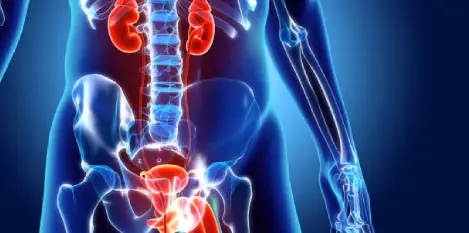
Ayurveda provides holistic solutions for maintaining the health of the urinary system, which can help individuals lead a healthy and fulfilling life. A healthy urinary system also helps in preventing the onset of urinary disorders, such as infections, stones, and incontinence.
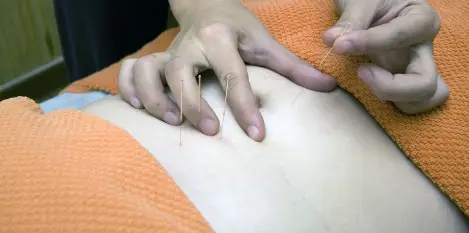
Physiotherapy focuses on restoring physical function and mobility, often in the context of injury, surgery, or chronic conditions. Combining Ayurveda with physiotherapy offers a comprehensive and holistic approach to physical rehabilitation, integrating ancient wisdom with modern techniques to enhance overall well-being.
TESTIMONIALS
We offer a range of services that follow the medicines and methods that Ayurveda prescribes since ancient times.

I’m delighted to inform that M’s blood test were normal and there was no thyroid alteration any longer. We are so happy! Thank you for your amazing work.”

I’m delighted to inform that M’s blood test were normal and there was no thyroid alteration any longer. We are so happy! Thank you for your amazing work.”

I’m delighted to inform that M’s blood test were normal and there was no thyroid alteration any longer. We are so happy! Thank you for your amazing work.”

I’m delighted to inform that M’s blood test were normal and there was no thyroid alteration any longer. We are so happy! Thank you for your amazing work.”